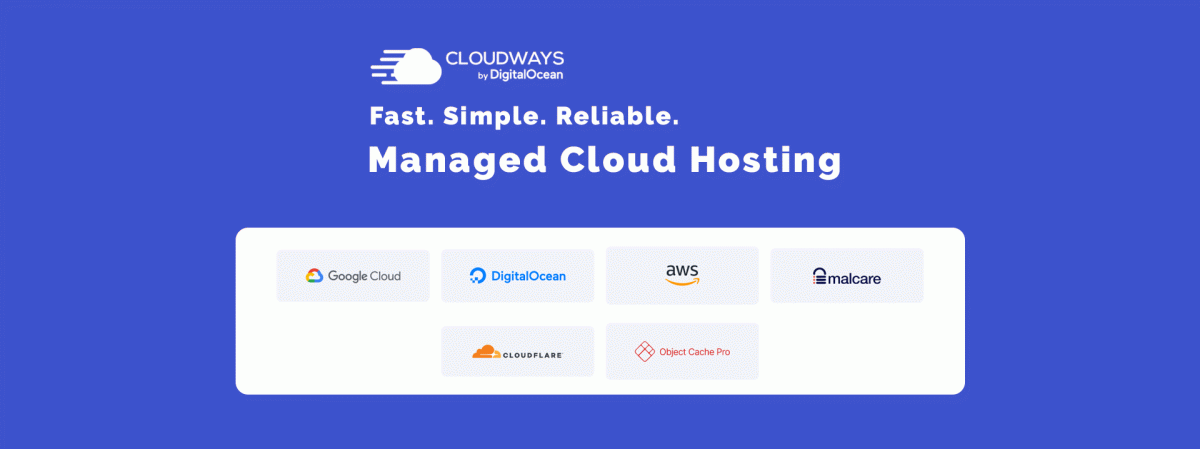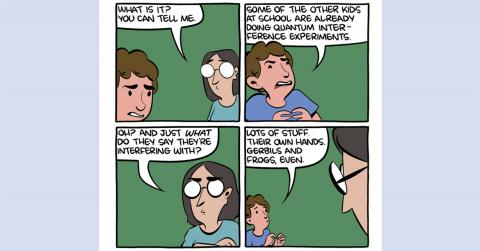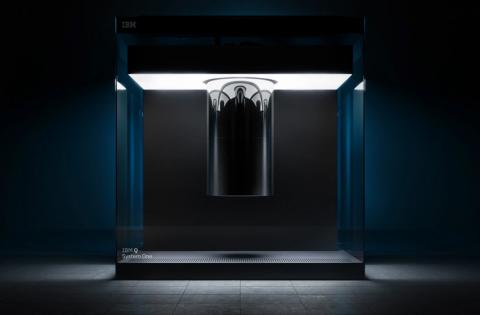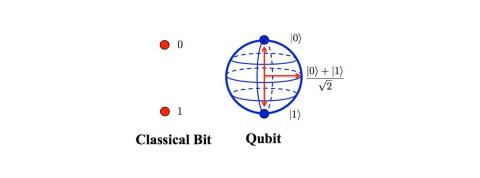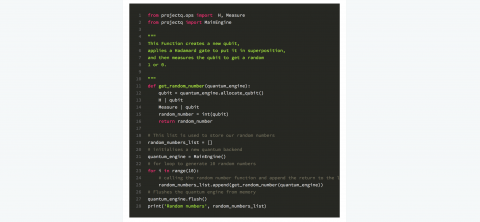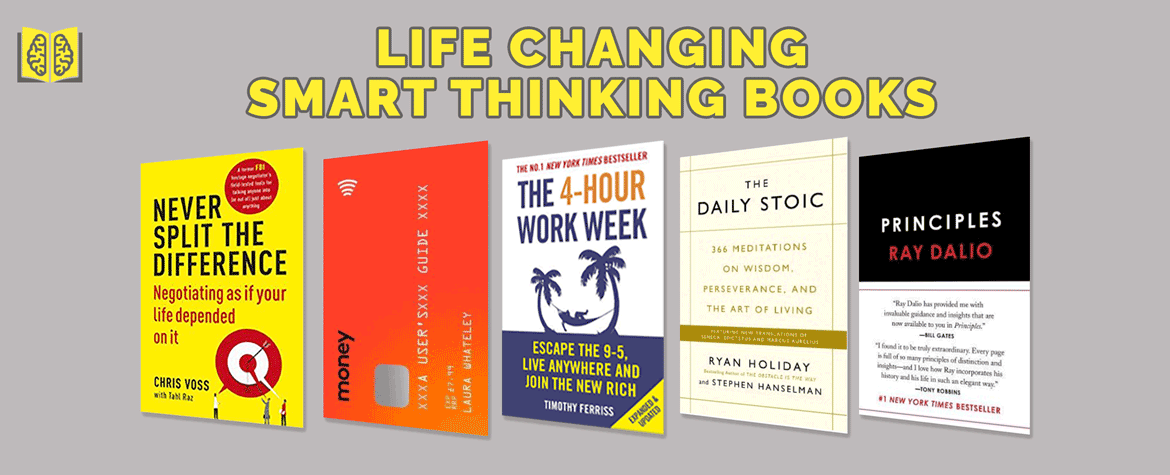Detecting A Quantum Jump
Physicists have discovered a scenario whereby they can detect an imminent quantum jump in state of a qubit. In the experiment, perfectly timed pulses of radiation can reverse the quantum jump when it is detected, keeping the quibit in its ground state.

